 Global energy, chemicals and plastics company Total has acquired a French PP reclaimer.
Global energy, chemicals and plastics company Total has acquired a French PP reclaimer.

 Global energy, chemicals and plastics company Total has acquired a French PP reclaimer.
Global energy, chemicals and plastics company Total has acquired a French PP reclaimer.
 Recycled film consumer Trex saw its net income climb by more than 40 percent last year, boosted by ample availability of scrap PE.
Recycled film consumer Trex saw its net income climb by more than 40 percent last year, boosted by ample availability of scrap PE.
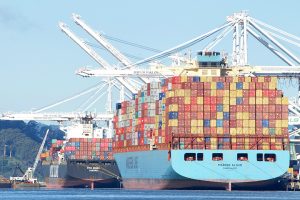 U.S. trade figures for November 2018 were released last week, and they indicate significant year-over-year declines in tonnages of plastics shipped out of the country.
U.S. trade figures for November 2018 were released last week, and they indicate significant year-over-year declines in tonnages of plastics shipped out of the country.

Jim Fish, CEO of Waste Management, speaks at the company’s annual sustainability forum.
Recovered plastic buyers and a relationship with major U.S. reclaimer KW Plastics have helped Waste Management through recent market troubles. The hauler has even made equipment upgrades specifically to meet that demand.
 Plastics recycling was highlighted in multiple discussions and announcements at the World Economic Forum last week.
Plastics recycling was highlighted in multiple discussions and announcements at the World Economic Forum last week.
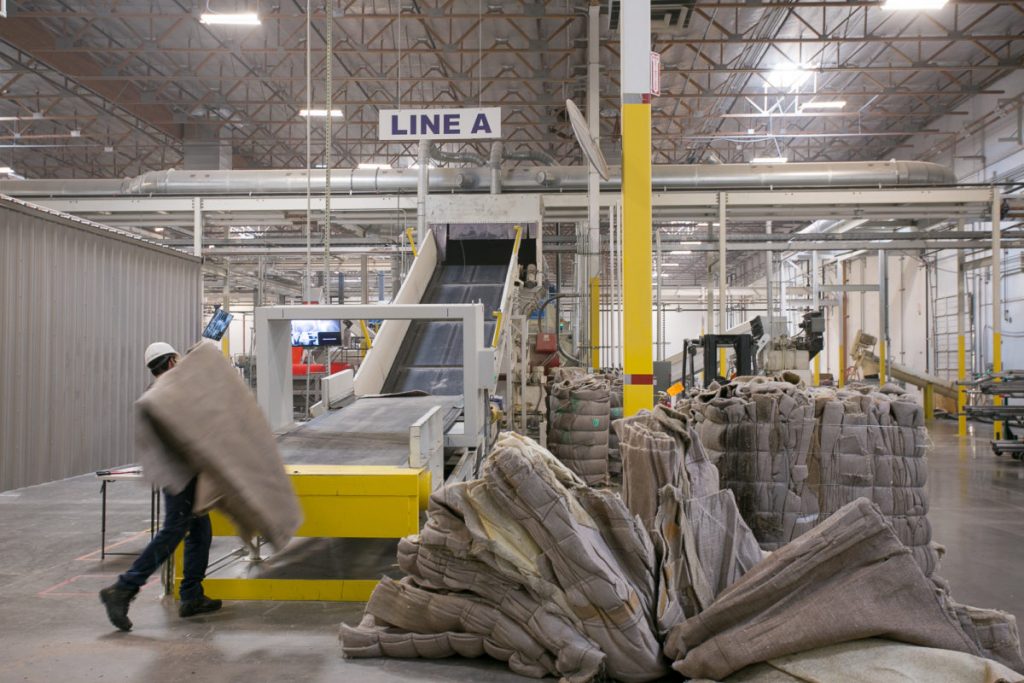 A new carpet recycling facility in Arizona is producing recycled PP for injection molding and nylon 6 for chemical recycling into a number of high-end textiles.
A new carpet recycling facility in Arizona is producing recycled PP for injection molding and nylon 6 for chemical recycling into a number of high-end textiles.
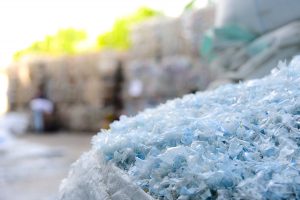 Intuition says making products from recycled plastic is better for the environment than using virgin plastic. A recent study puts hard numbers to that understanding.
Intuition says making products from recycled plastic is better for the environment than using virgin plastic. A recent study puts hard numbers to that understanding.
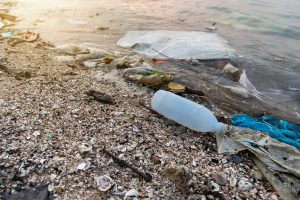 Resin and packaging giants last week committed $1 billion over the next five years to “end plastic waste.” While recycling and sustainability stakeholders say they are encouraged by the effort, they also want to ensure materials recovery remains part of the solution.
Resin and packaging giants last week committed $1 billion over the next five years to “end plastic waste.” While recycling and sustainability stakeholders say they are encouraged by the effort, they also want to ensure materials recovery remains part of the solution.
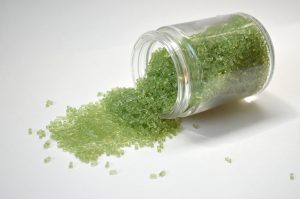
Bioplastic Recycling’s PLA resins, which are green because of printing on many PLA cups.
PLA is marketed to consumers for its ability to degrade in composting systems. But a Los Angeles startup sees mechanical recycling in the material’s future.
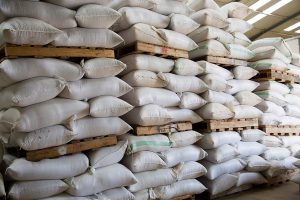 The government of Alberta has given approval and funding for a three-year pilot project focused on agricultural plastics recycling.
The government of Alberta has given approval and funding for a three-year pilot project focused on agricultural plastics recycling.
